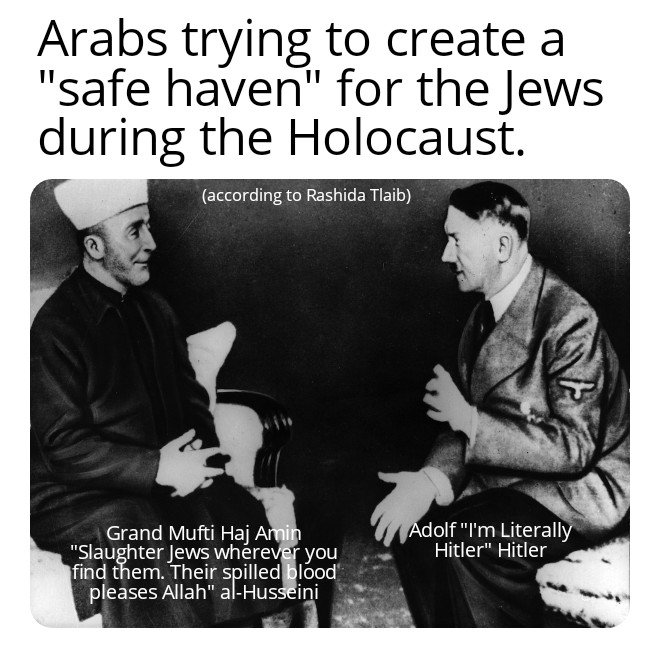The Gaza Conundrum Israel has many options, none good
The IDF’s Coordinator of Government Activities in the Territories (COGAT) currently facilitates the entry of thousands of truckloads of goods to enter the Gaza Strip every day, even as a military blockade remains in place to block dual-use materials and sophisticated weaponry from the Gaza Strip. In other words, Israel has two policies. One is to isolate Hamas, and the other is to allow services to be rendered to the Gazan people.
Israel, for the sake of calm, has even engaged with the Turks and the Qataris, despite both countries’ avowed anti-Zionism and support for Hamas. It has permitted them to provide funds and other assistance to the coastal enclave. Gaza’s suffering continues, however, because Hamas continues to divert funds for commando tunnels, rockets, and other tools of war. And under Hamas rule, there is not much political space to challenge these policies. Anti-Israel sentiment is the only permissible form of protest. This has only served to further radicalize a population that has for years been fed a steady diet of hate.
The Israelis since 2007, along with the Egyptians since 2013, have endeavored to reshape the political landscape in Gaza. This is the first and best choice from Israel’s perspective. But so far, they have failed. The viable alternatives to Hamas are the sclerotic Palestinian Authority, radical Salafi groups, and Iran-backed PIJ. There could be others, such as the supporters of Mohammed Dahlan, the former Gaza strongman who went into exile in the UAE after the Hamas military takeover in 2007. But we know little about Dahlan’s ability to organize politically, or whether Gaza would reject his transplanted leadership after so many years away, like an artificial heart.
The obvious alternative to all of this is re-occupation. This would be deeply unpopular in Israel. It’s unthinkable to many. Of course, the Israelis controlled Gaza from 1967 until 2005. The Israelis never coordinated their departure with Palestinian counterparts, and it looked as if they were pulling out under fire from Hamas rockets and other attacks. This perception contributed in part to the Hamas electoral victory in 2006. That election led to the political standoff that gave way to the civil war in which Hamas overtook the Gaza Strip in 2007.
Fourteen years after the Gaza withdrawal, the rockets are still falling. Twelve years after Hamas took power, the group remains entrenched. Eight years after the deployment of Iron Dome, the Israelis are arguably safer, but they are back where they’ve always been: on the Gaza border, mulling their next move.
TWO MILLION DOLLARS TO MURDER MY DAD. I made this video to ask the Palestinian leadership a simple question: Why are you paying millions of dollars to the terrorist who murdered my dad? Can’t you find a better use for that money? Share to help keep my father's memory alive. pic.twitter.com/QYEC0U4KKh
— Micah Lakin Avni (@micah_avni) May 15, 2019
Noah Rothman: Who Really Wants a War in the Middle East?
According to the intelligence that prompted this latest buildup of U.S. forces in the region, the only party that wants a conflict is the Iranian regime. Tehran’s objective “is to prod the United States into a miscalculation or overreaction,” the Times reported. American officials are reportedly aware that Iran’s objective is to force the U.S. to execute a limited strike on Iranian targets while avoiding an all-out ground campaign the regime would not survive, thereby whipping up anti-American sentiment and increases internal political cohesion now strained by economic hardship.JCPA: The Real Catastrophe for the Palestinians
You don’t have to take the White House’s word for it. On Monday, the White House got the casus belli it is supposedly spoiling for. According to the U.S. assessment, Iran or its proxy forces were responsible for an assault on two Saudi oil tankers, a United Arab Emirates tanker, and a Norwegian-flagged vessel anchored in UAE waters. A team of Iranian-linked saboteurs allegedly used explosives to blow large holes in the hulls of these ships below the waterline, taking them out of commission and causing global oil prices to spike by 2 percent. The threat to international commerce and global maritime navigation posed by this attack is more than enough to justify a retaliatory response, but the Trump administration’s reaction has been restrained.
Those who accuse the Trump administration of engineering a military confrontation with Iran are asking you to ignore your own eyes and ears in service to their conspiracy theory. No president would disregard an imminent threat to U.S. interests and personnel. The attack on four ships in the UAE suggests that threat is real and urgent. It more than justifies the White House’s efforts to deter further provocations of the sort the West would have no choice but to respond to with proportionate force.
If there is to be war, it would mean the end of the administration’s efforts to undermine the Iranian regime from within—a prospect administration officials are telling anyone willing to listen that they want to avoid. It must be a source of frustration that so few of their critics seem to care. They much prefer a simpler narrative in which the tyrannical and terroristic Iranian regime is the victim—all evidence to the contrary notwithstanding.
By all measurements, the situation of the Palestinians in the West Bank, and definitely in Israel, is much better than in any Arab country.
The essential fact is that there are Arab Knesset members. The Israeli Knesset is the only parliament in the world where there is a conspicuous and proud representation of Palestinian parliamentarians. They do not have such representation in Jordan or even in Ramallah or Gaza. Only beneath a picture of Theodore Herzl and the Israeli flag in the Israeli parliament can Palestinian parliamentarians speak and act freely – some Israelis complain too freely – and even in defiance.
Secondly, Israel is the only country in the Middle East that absorbed refugees fully. It is not well known, but there are Palestinian refugees from the villages that were abandoned during the war, who were absorbed into other towns and villages in Israel. Israel has given them full citizenship, and they are citizens with equal rights who can vote for the Knesset. Jordan also granted Palestinians citizenship, but not complete. There is no statistical data on this, but most Jordanian citizens of Palestinian origin are not allowed to vote for the Jordanian parliament, which is far from representative of the true numbers of Palestinians among the population.
Finally, in these times, a real Nakba is taking place, but not in Israel.



















































